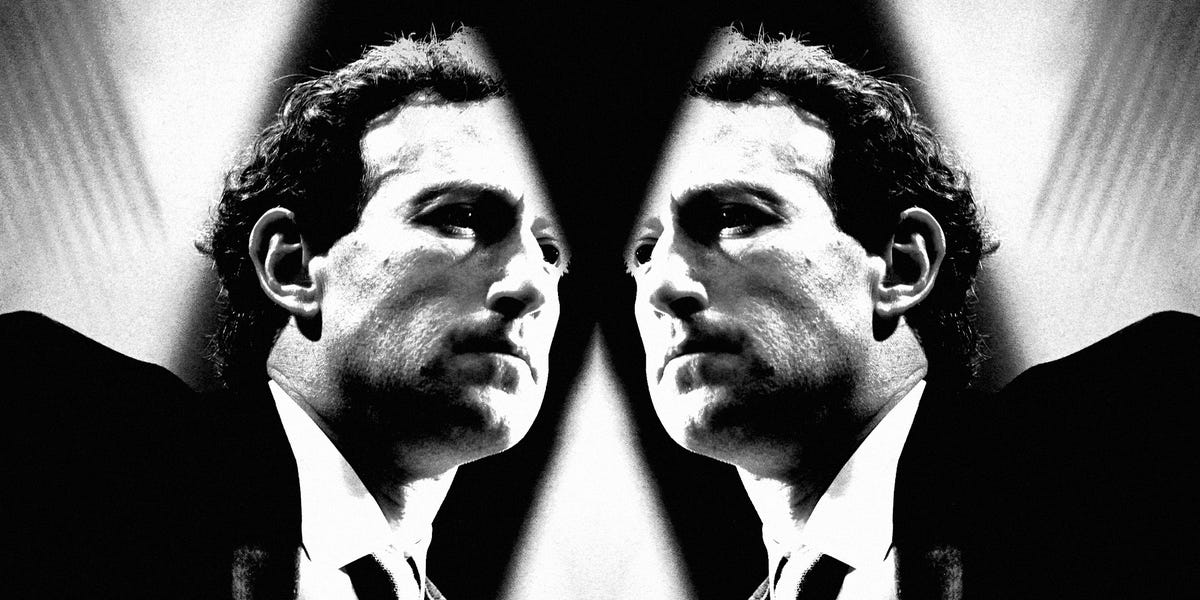Mark Zuckerberg’s personal emails, some over a decade old, have come to light, revealing his long-standing antitrust concerns even before the FTC initiated its case against Meta. During 10 hours of testimony, an FTC lawyer questioned the Meta CEO about these emails.
The messages show Zuckerberg’s persistent concern about emerging competitors and candid descriptions of some of Facebook’s most critical acquisitions. In a 2018 email to top Facebook executives, Zuckerberg wrote, “While we believe our current trajectory will yield strong business growth over the next 5 years, I worry it will also undermine our global network, erode our corporate brand, impose an increasingly large strategy tax on all of our work, and then over time we may face antitrust regulation requiring us to spin out other apps anyway.”
Daniel Matheson, the FTC’s lead lawyer, emphasized another part of Zuckerberg’s warning: “While most companies resist breakups, the corporate history is that most companies actually perform better after they’ve been split up. The synergies are usually less than people think and the strategy tax is usually greater than people think.”
When asked by Matheson to elaborate, Zuckerberg seemed unsure. “I’m not sure exactly what I had in mind then,” he replied.
The trial, which began with high-profile testimony from Zuckerberg and Sheryl Sandberg, could result in Meta being required to sell Instagram and WhatsApp if the FTC prevails. Legal experts note the government faces significant challenges proving Meta cemented its monopoly through these acquisitions, as the FTC had previously approved them.
Meta has attempted to downplay Zuckerberg’s concerns, arguing that worry is inherent to his role. Despite this, the FTC highlights multiple instances where Zuckerberg expressed fears about Instagram and WhatsApp’s rise, contrasting them with now-defunct networks like Path.
Zuckerberg’s past concerns remain pertinent when discussing Instagram and WhatsApp. The FTC argues Facebook acquired these companies due to fears they might evolve into direct competitors.
In one email, Zuckerberg noted, “If Instagram continues to kick ass on mobile or if Google buys them, then over the next few years they could easily add pieces of their service that copy what we’re doing now, and if they have a growing number of people’s photos then that’s a real issue for us.”
Regarding WhatsApp, the government presented multiple messages showing Zuckerberg’s apprehension about the app’s popularity outside the US and his impressions of its leadership.
— new from Business Insider
